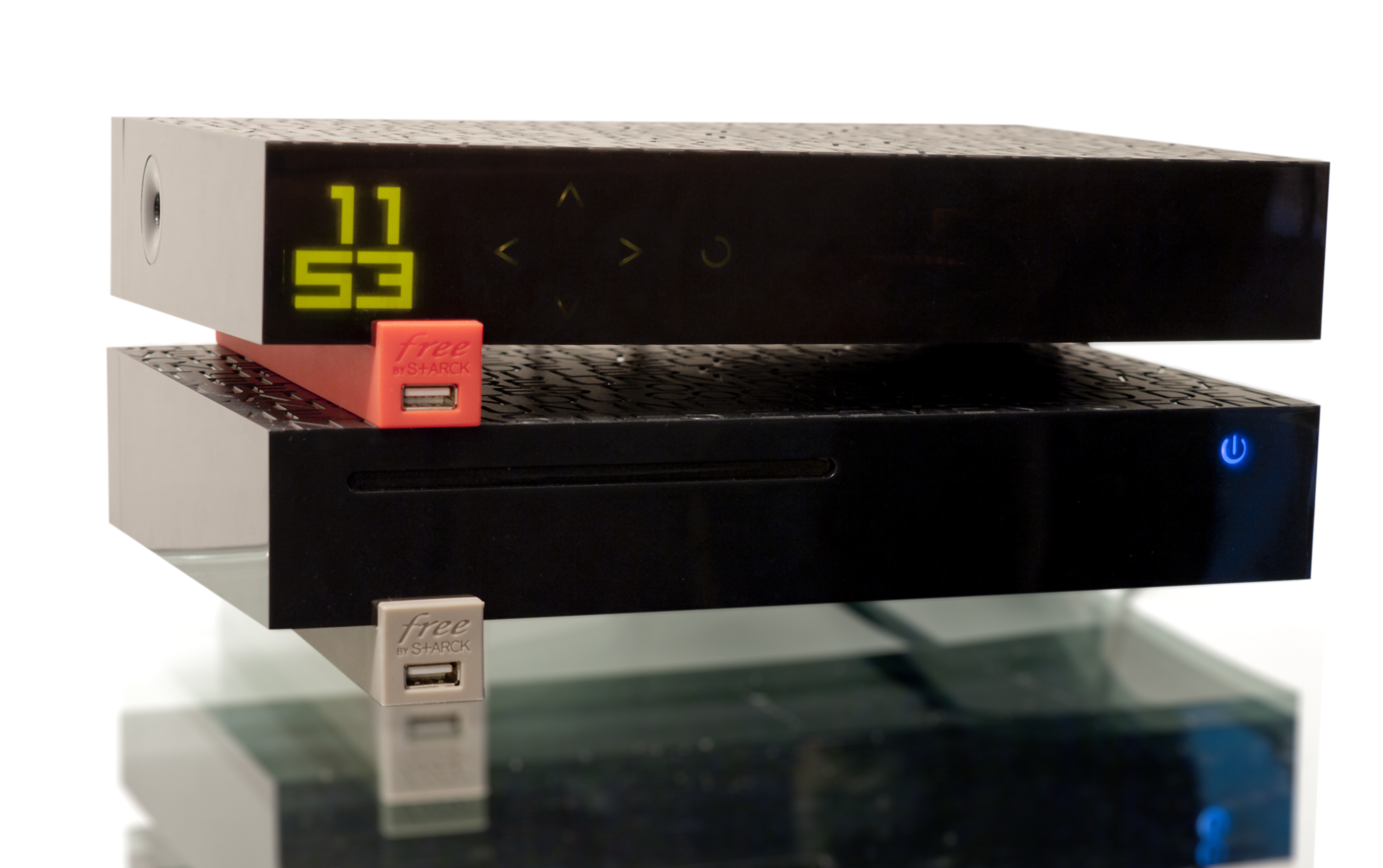 Article
Article
FCC licenses new LEO constellation from Boeing | (advanced-television.com)
FCC Authorizes Boeing V-Band LEO Broadband Constellation – Via Satellite – (satellitetoday.com)
My Comments
The Puget Sound area of Washington State in the USA now has two actors in the low-earth-orbit satellite broadband game.
This was initially Jeff Bezon’s Project Kuiper effort that is starting to pick up steam, but Boeing, associated with the likes of some well-known airliners which you most likely have flown on many times, is now getting the go-ahead to build a constellation of these satellites.
The initial FCC permit will allow Boeing to launch 147 LEO satellites which will be for civil-use cases like residential, commercial and institutional use initially within the USA then globally. The wavebands they will be licensed to work in are part of the V-band radio spectrum for both space-to-ground and inter-satellite communications. They have six years to develop the constellation and launch half of the satellites as part of the licence.
Here, it will be about Boeing joining a relatively-crowded market for LEO satellite broadband which will be a boon for use cases like real broadband in rural and remote areas; alongside broadband Internet within transport services.
But how will Boeing join this market? Could this be through offering a retail service like SpaceX’s Starlink or to offer it as a wholesale service in a similar manner to OneWeb. That is where retail ISPs could resell Boeing’s service to local customers.
There will be the issues of having a retail service licensed for operation in multiple countries especially where some countries are particular about preferring companies chartered in their jurisdiction offer telecommunications and allied services. A wholesale approach can allow a country’s own telcos and ISPs to resell satellite broadband to all user classes.
There is also the question about Boeing being tempted to vertically integrate this service with their lineup of civil aircraft. This could mean that they could get more airlines who fly the likes of the 737 or the 787 Dreamliner to offer a high-bandwidth Internet service provided by their LEO satellite constellation as a passenger amenity.
If Boeing can get these low-earth-orbit broadband satellites off the ground and yielding a viable service, this could be a viably competitive market when it comes to satellite broadband.


